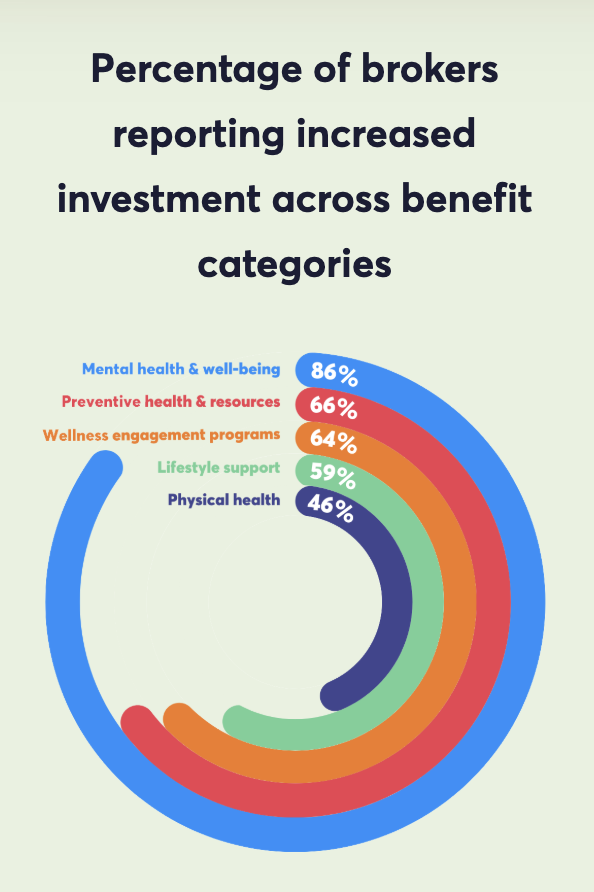
HR leaders see gap between wellness benefits and leadership support

One in two HR professionals across the world believe there is a disconnect between investment in wellness benefits and company leaders' support for wellbeing, according to a new report.
Findings from the newly released report from Insurope found that 51% of HR leaders see this disconnect.
According to these HR professionals, there is a gap between their organisation's wellness offerings and how executives support employee wellbeing day-to-day.
"Many companies are investing in wellness programmes but falling short in embedding wellbeing into their leadership culture," Insurope said in a media release. "The message is clear: if wellbeing is going to work, it has to be more than a benefit — it has to be a behaviour."
The gap comes despite 80% of HR professionals saying wellness programmes improve employee health, boost retention, and cut absenteeism.
Investment in employee wellbeing has been on the rise over the past few years — a report from Wellable found that many employers are "rapidly adapting their wellness strategies to better meet the needs of their workforce."
Wellable's survey, which polled 129 wellness-focused brokers in the US, revealed that mental health remains a top investment category for employers for the sixth consecutive year.
"An overwhelming 86% of brokers report their clients are increasing investments in mental health programmes," Wellable said. "This enduring commitment highlights a clear response to rising employee expectations for mental health support and its proven impact on enhancing recruitment, retention, and well-being."

Source: Wellable's 2025 Employee Wellness Industry Trends Report
Being able to get approval from leadership to focus on employee wellbeing is a "big win," according to Bill Greene, Principal, Mind Share Partners.
But he noted that getting leadership actively involved by seeing the success of mental health initiatives first-hand can increase buy-in and sustained leadership support.
Greene outlined last year three strategies to do this, including:
"Leadership's support is vital to the success of any wellbeing programme," Greene said on their website. "Their consistent actions and communication around mental health will contribute to an environment where work is more sustainable, more productive, and more impactful."